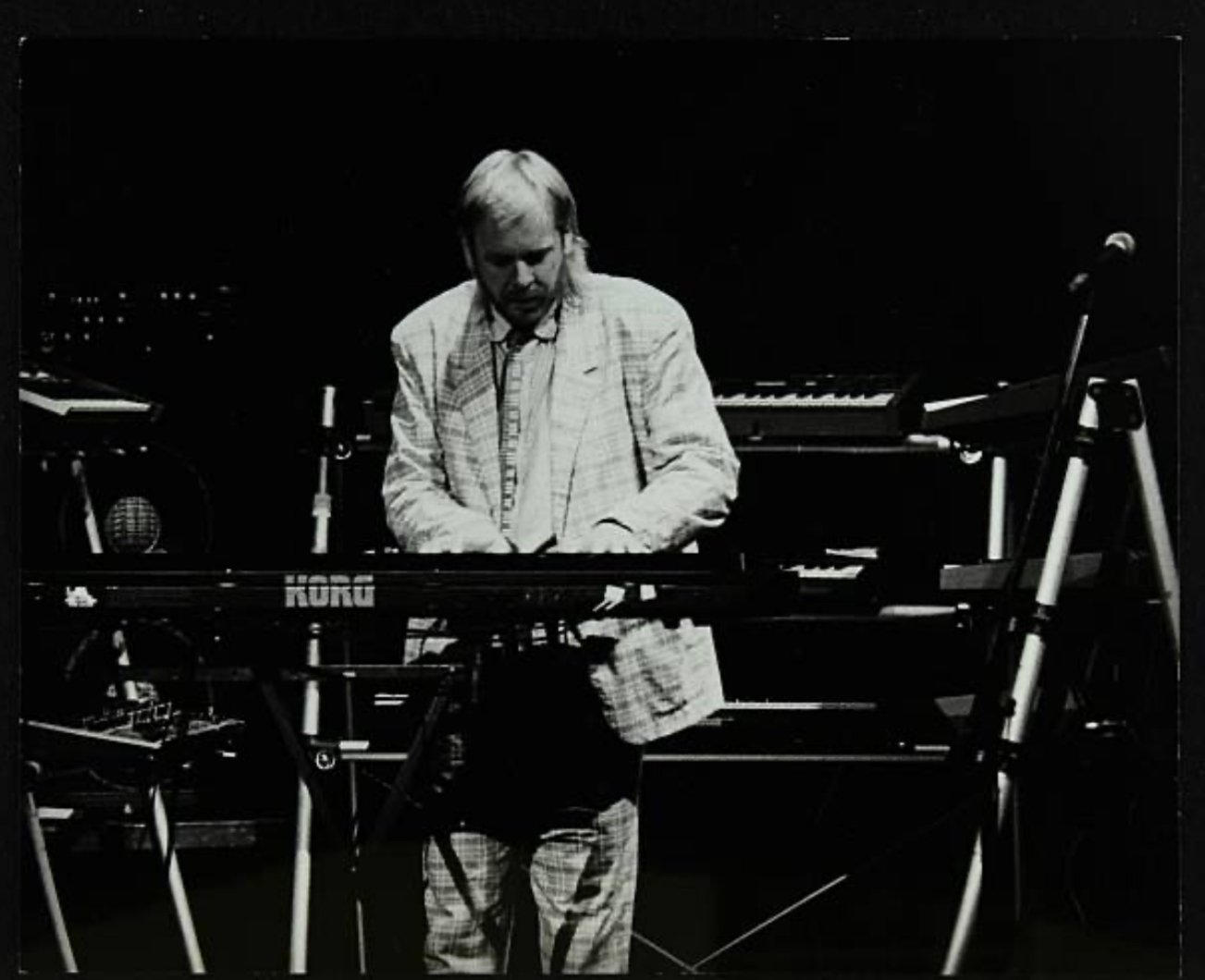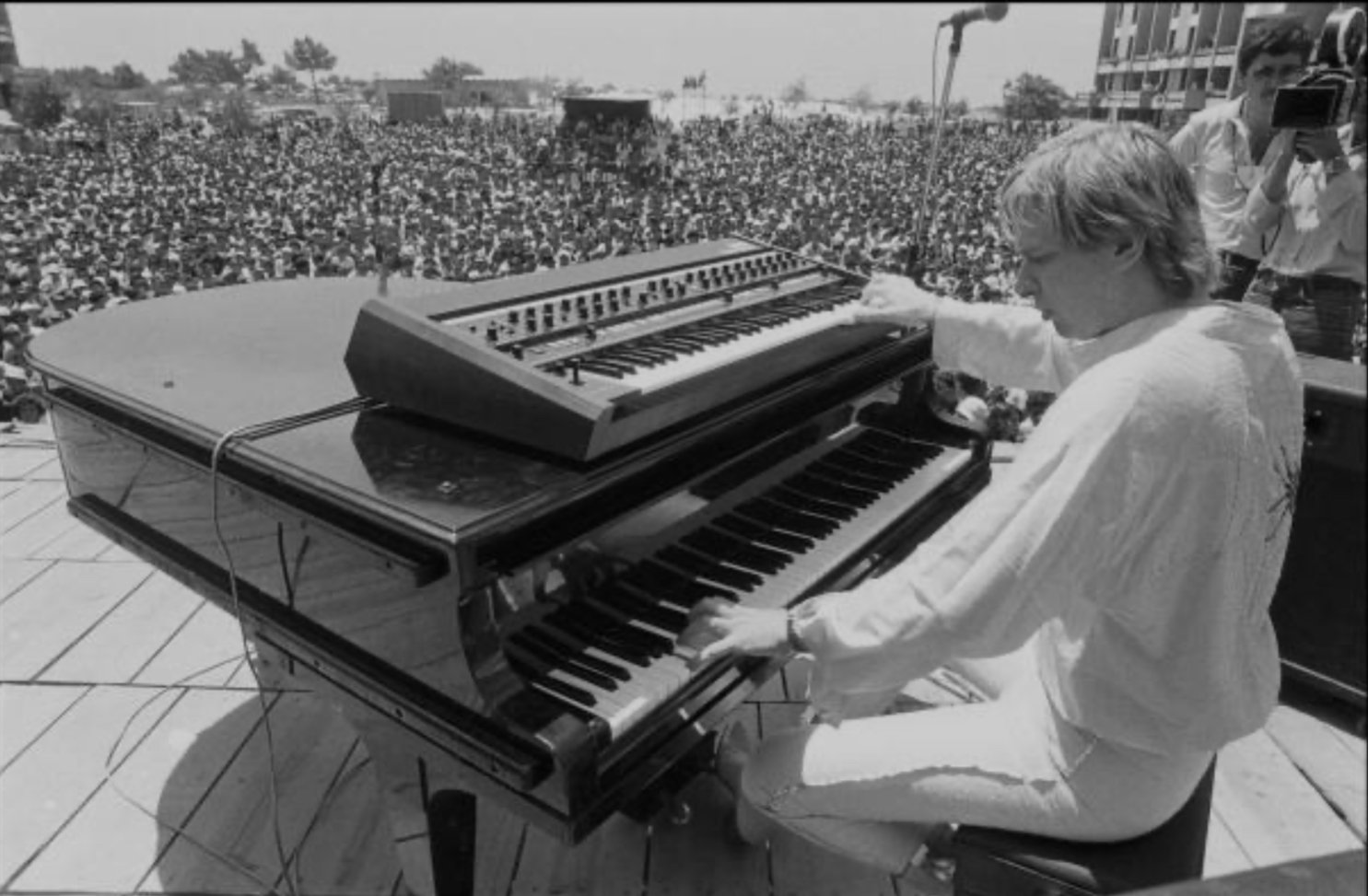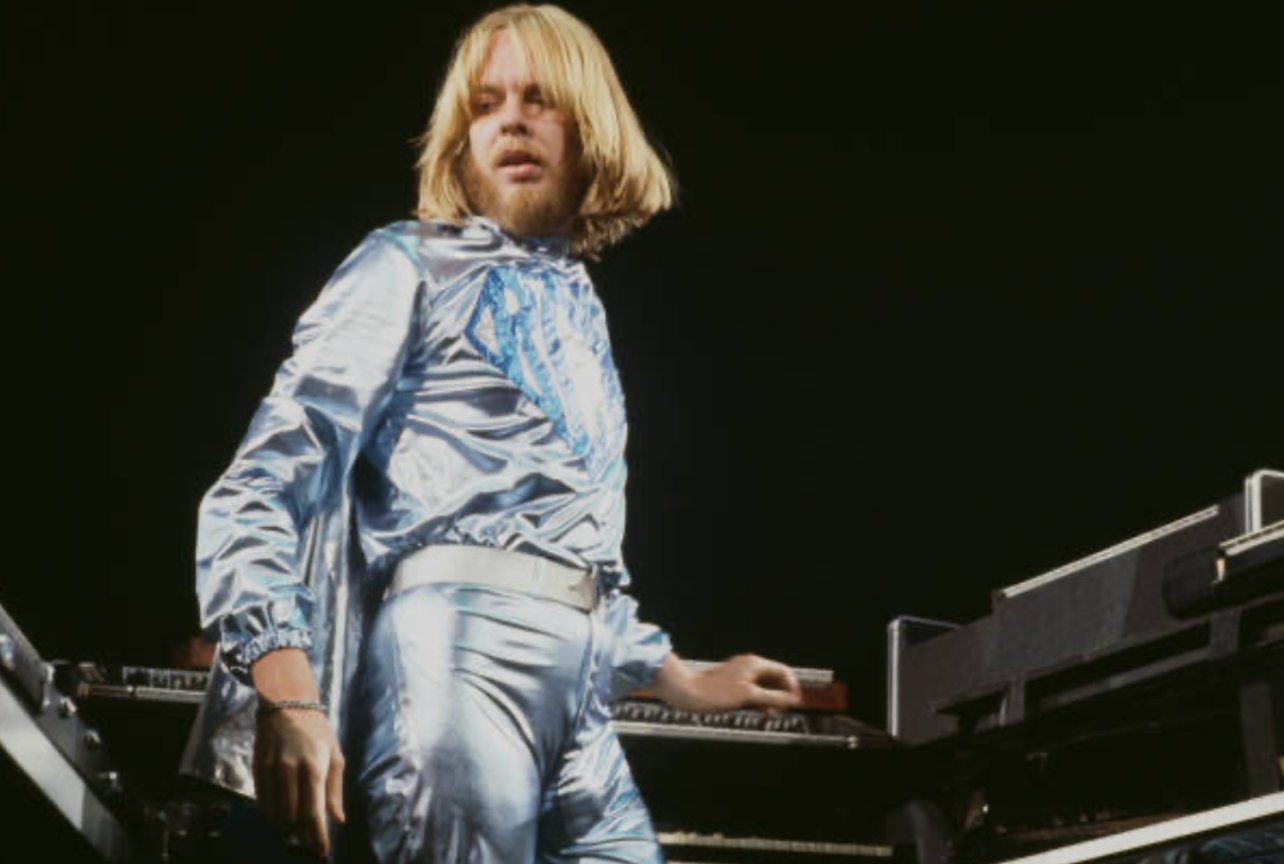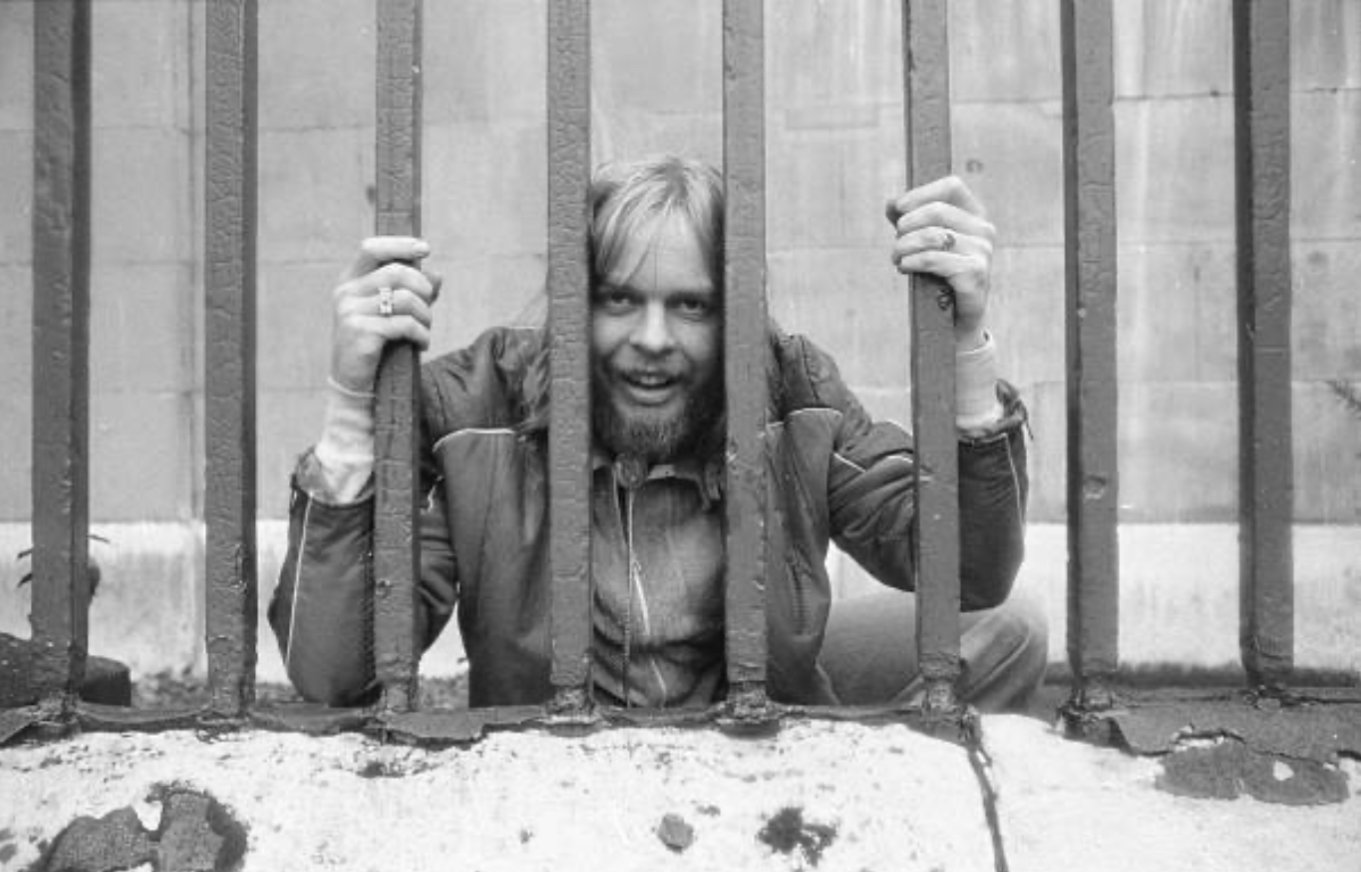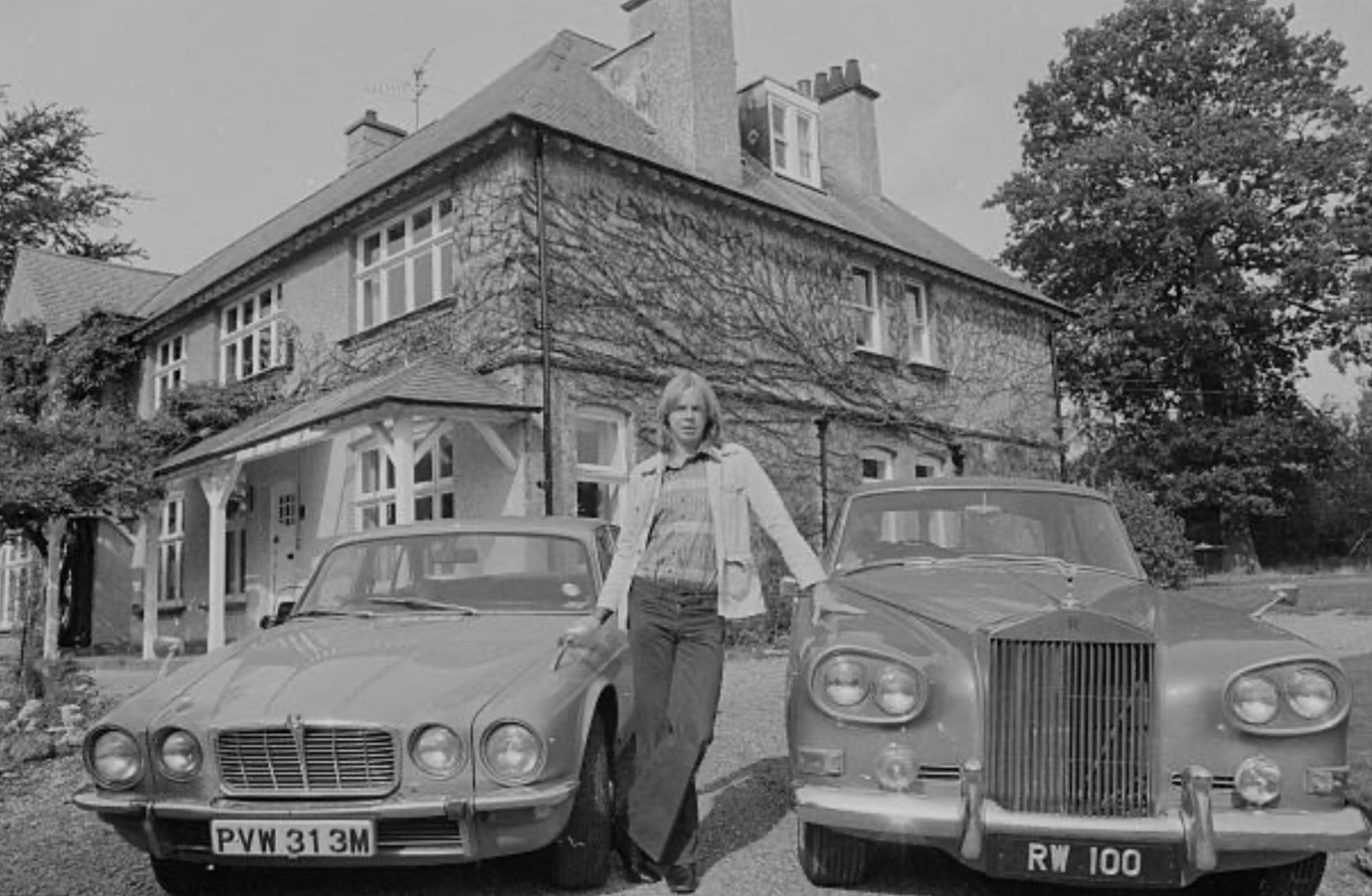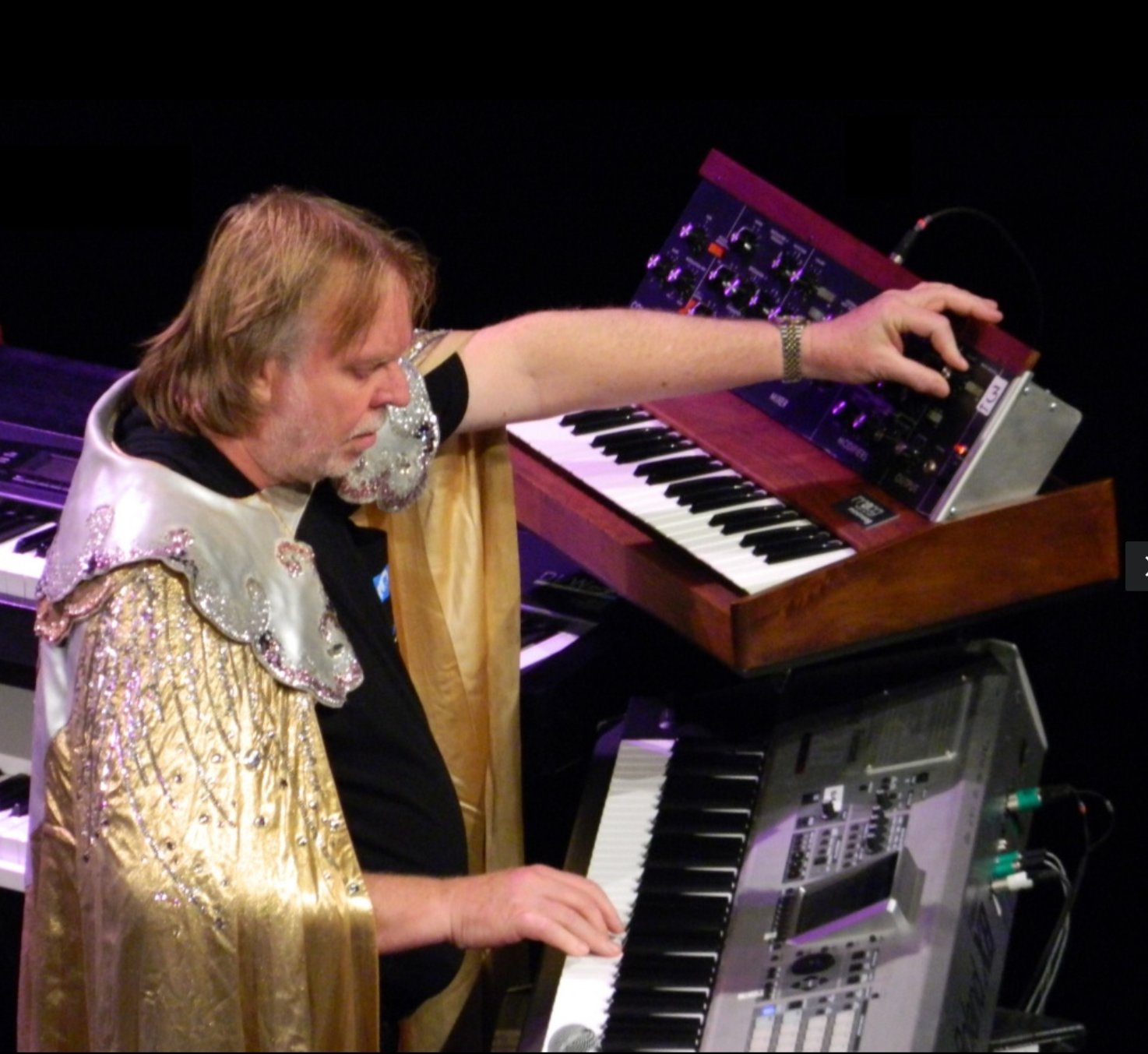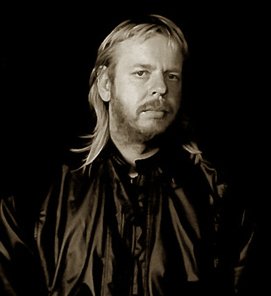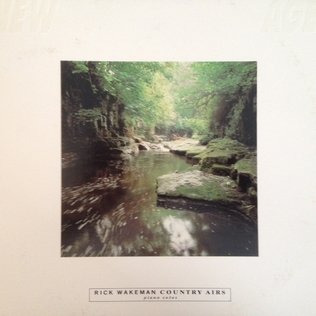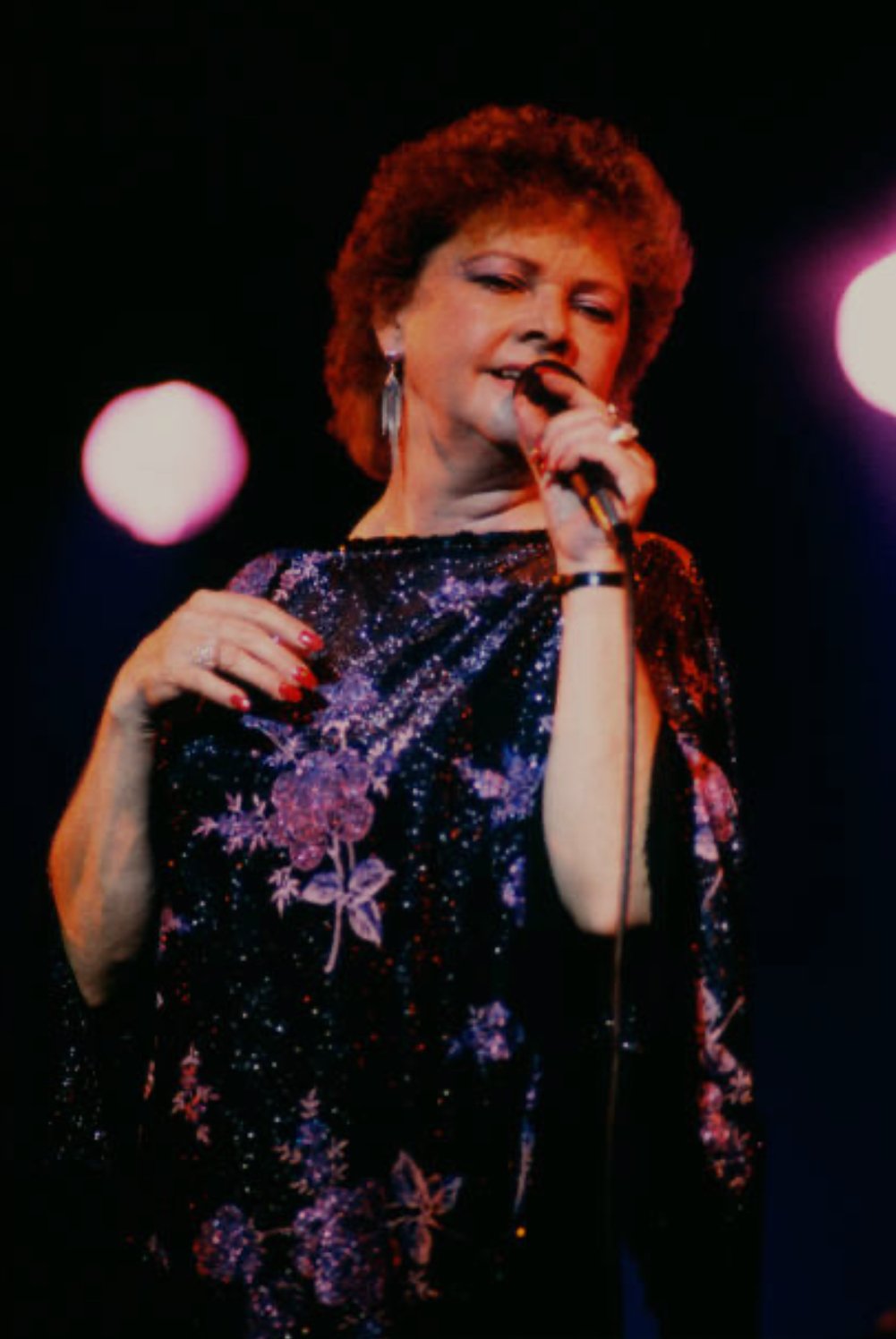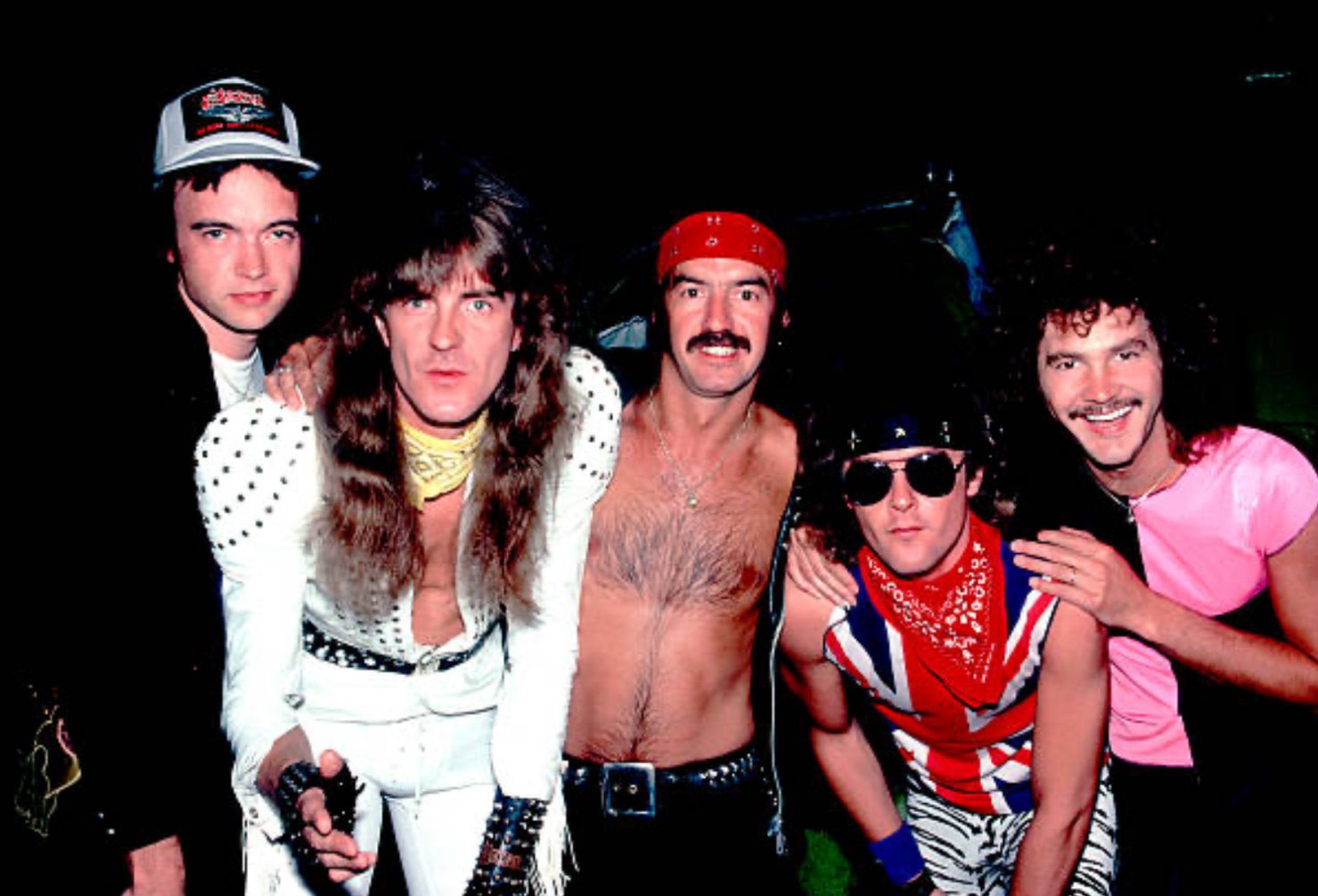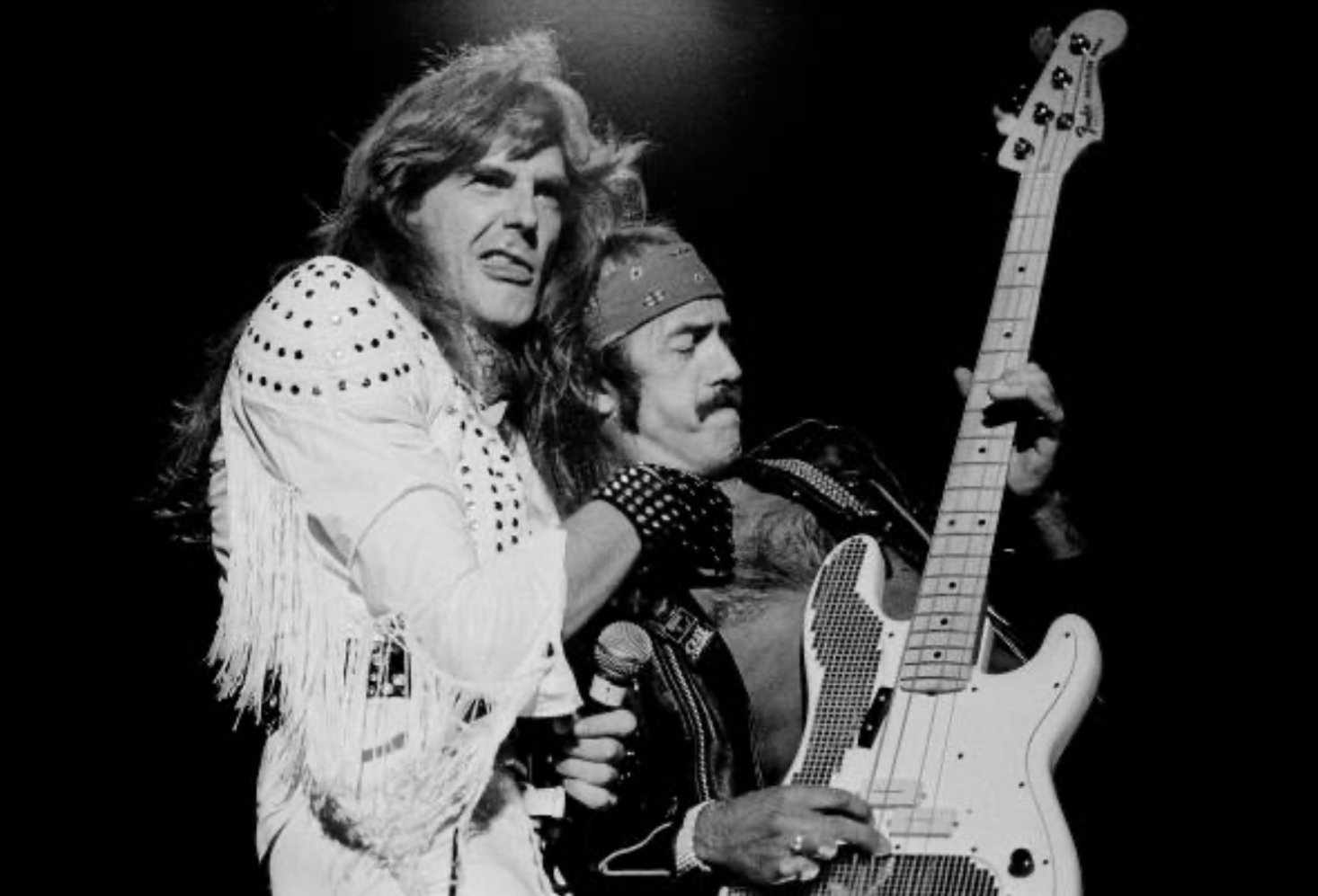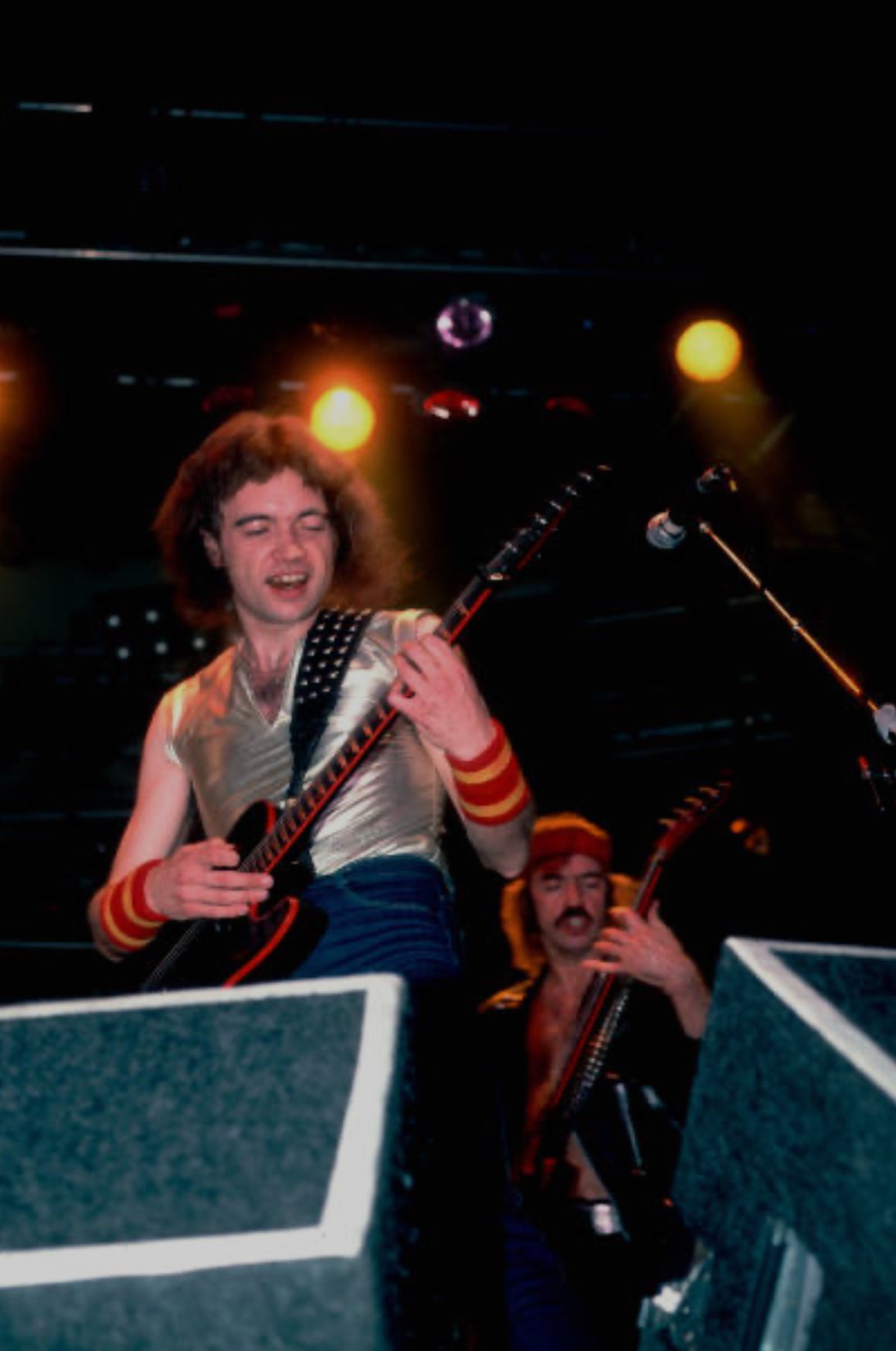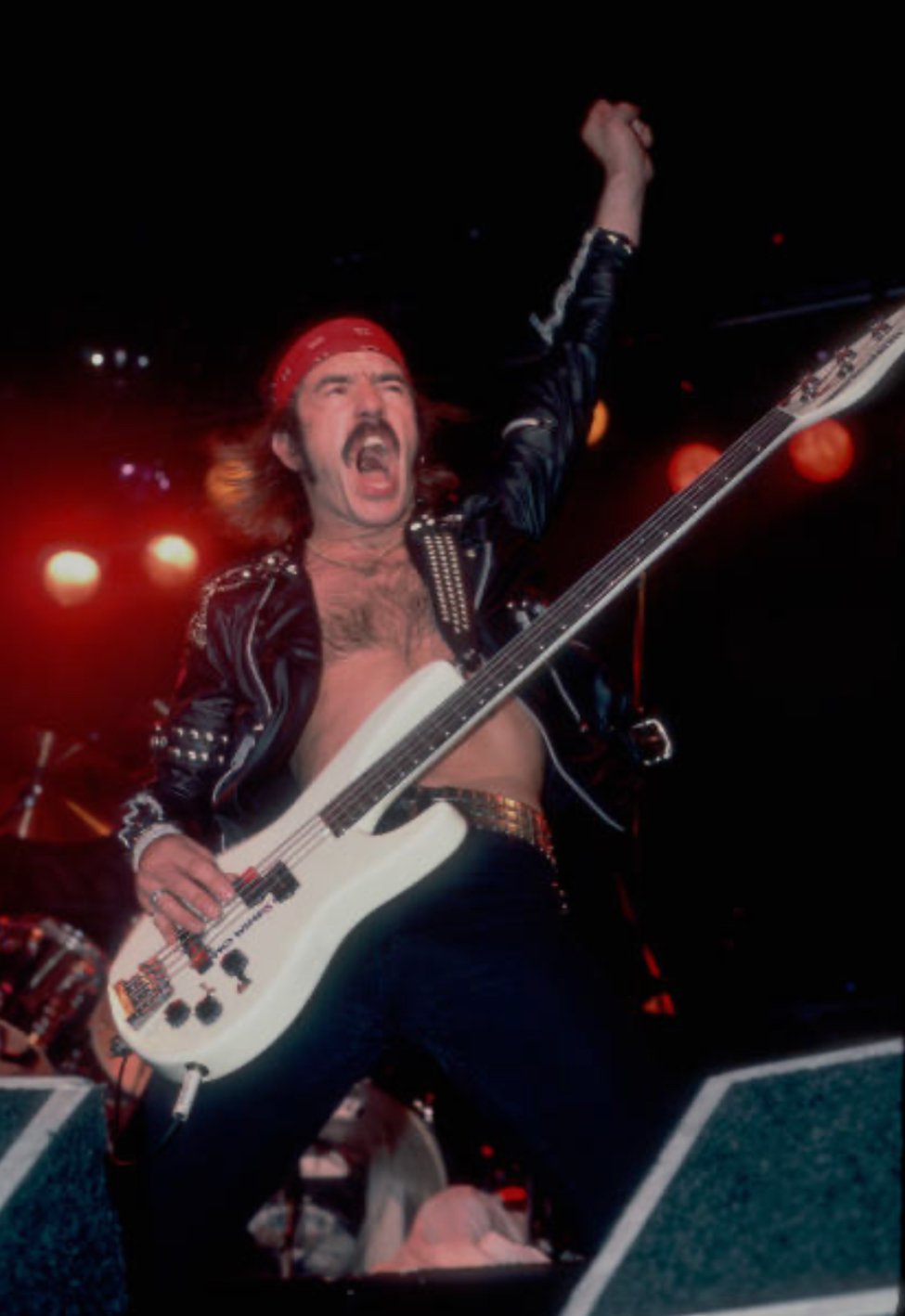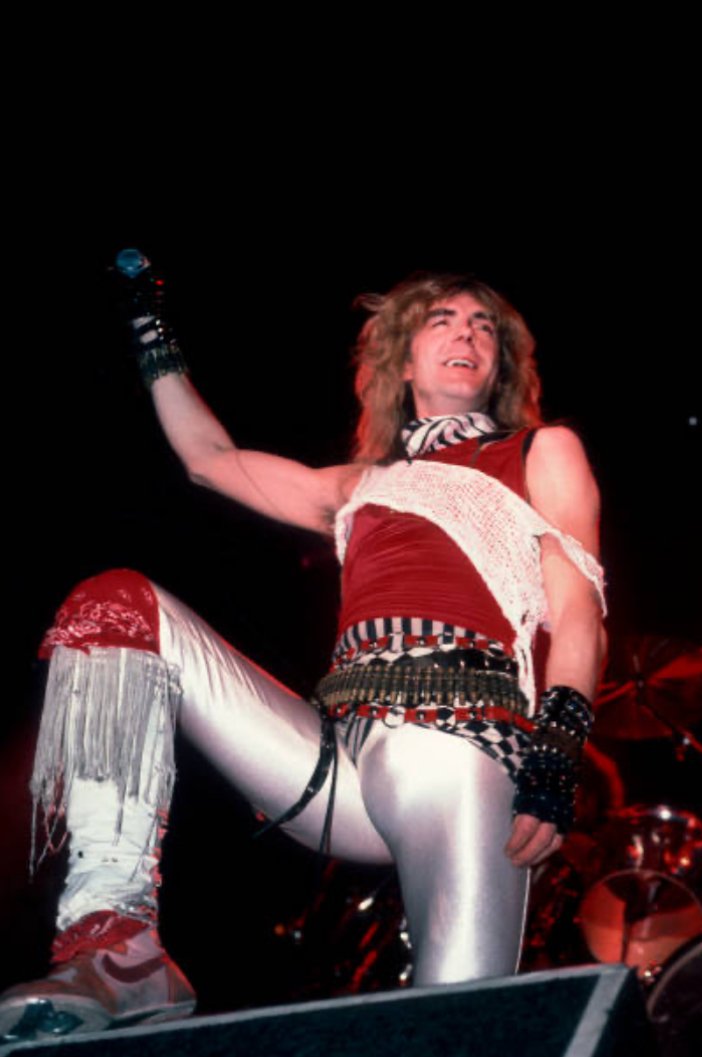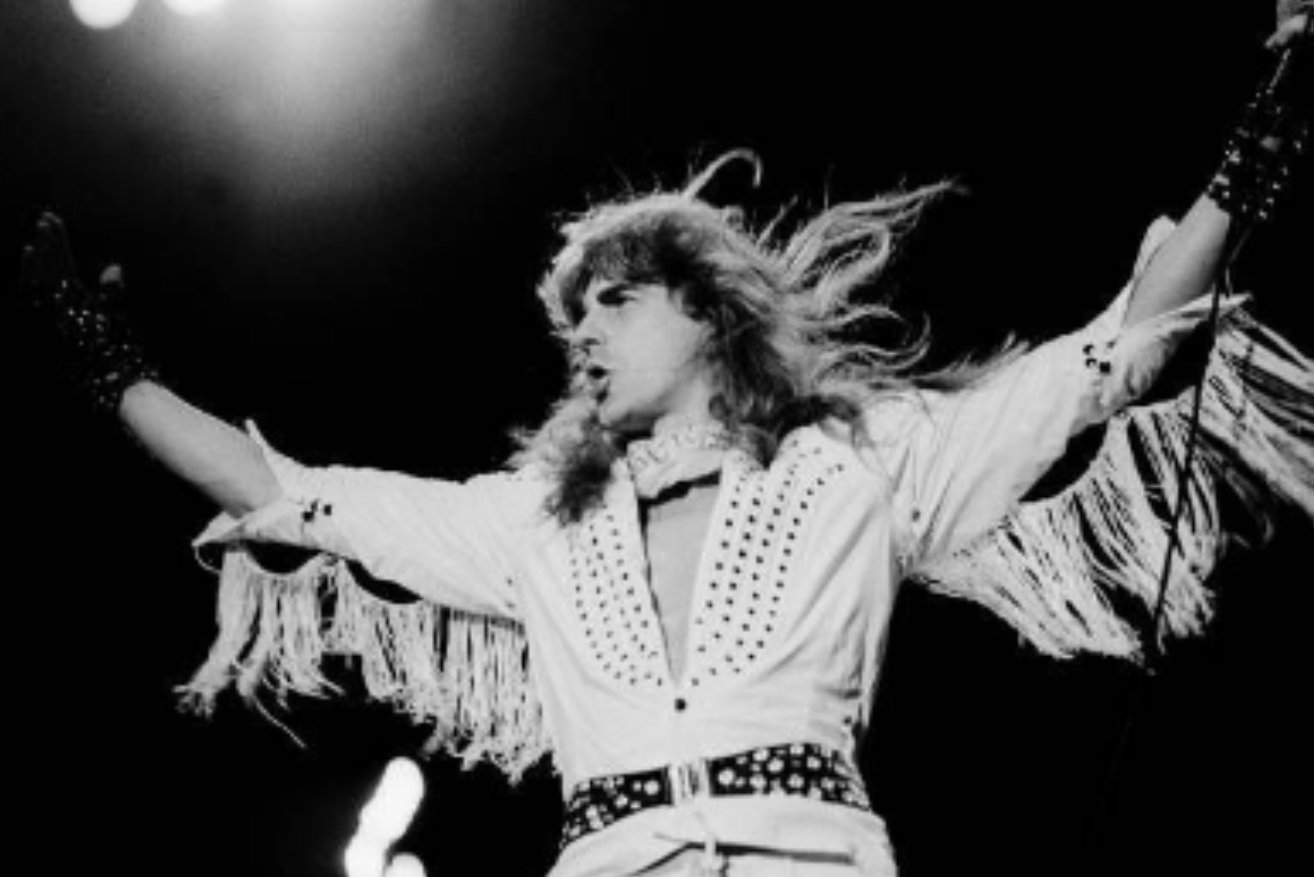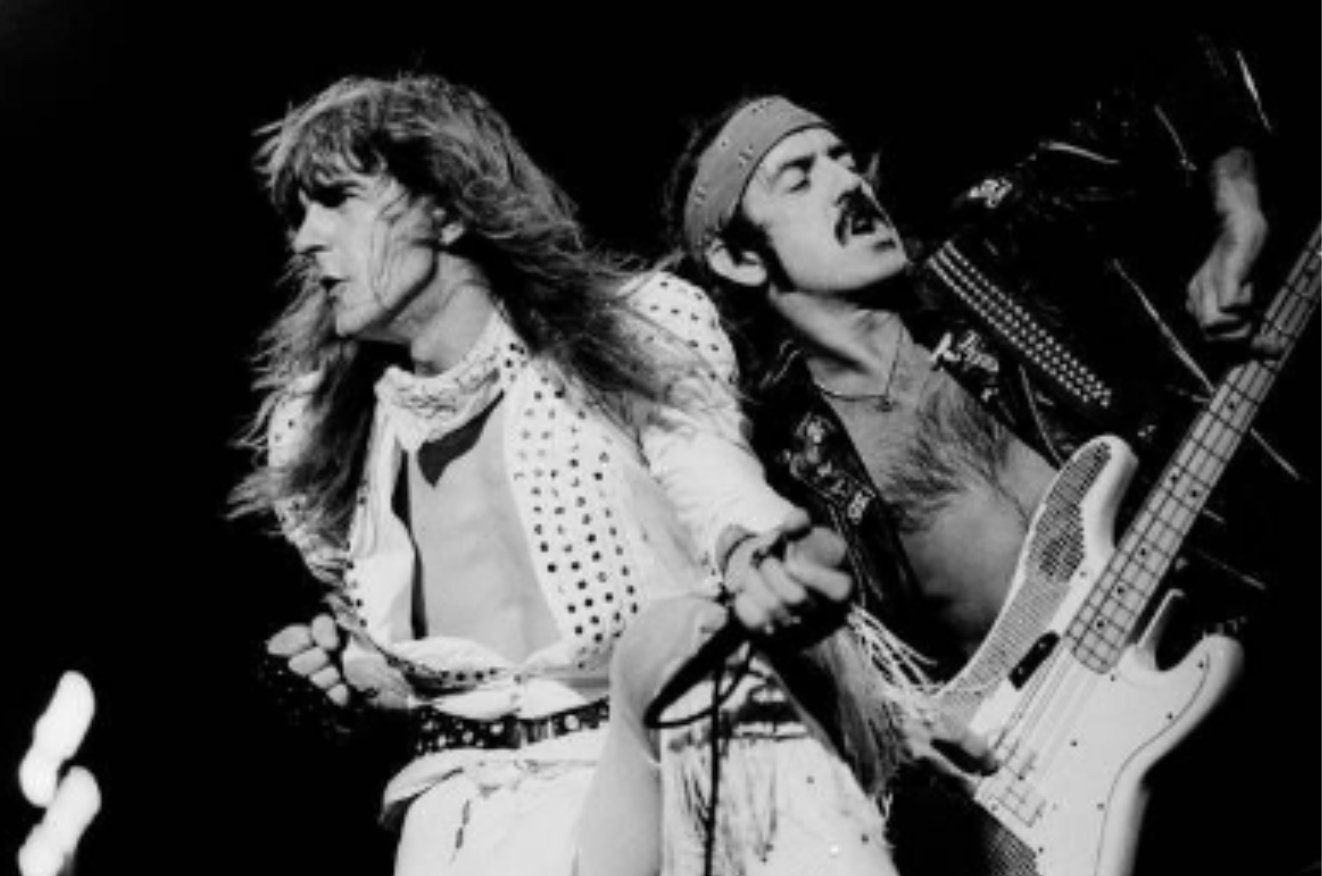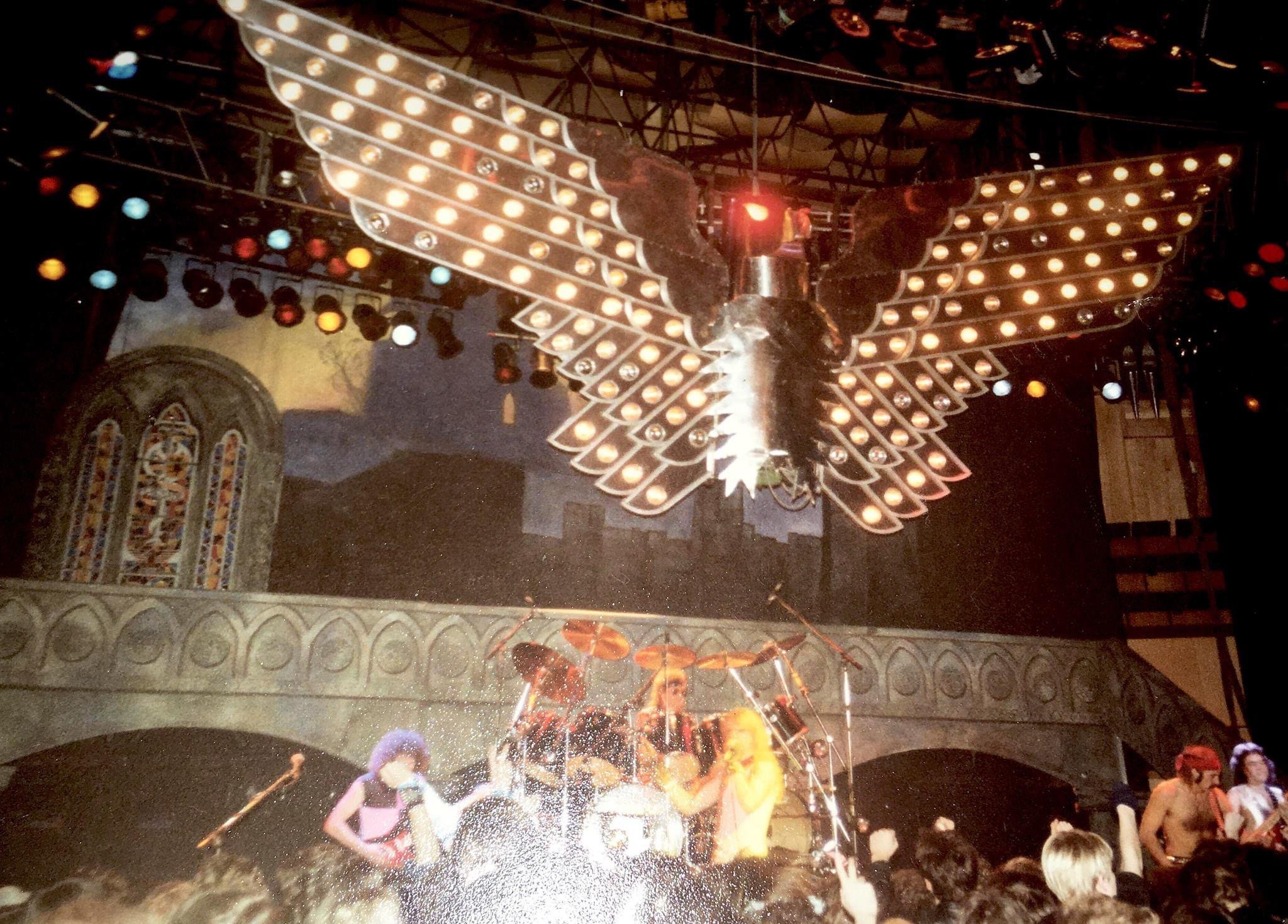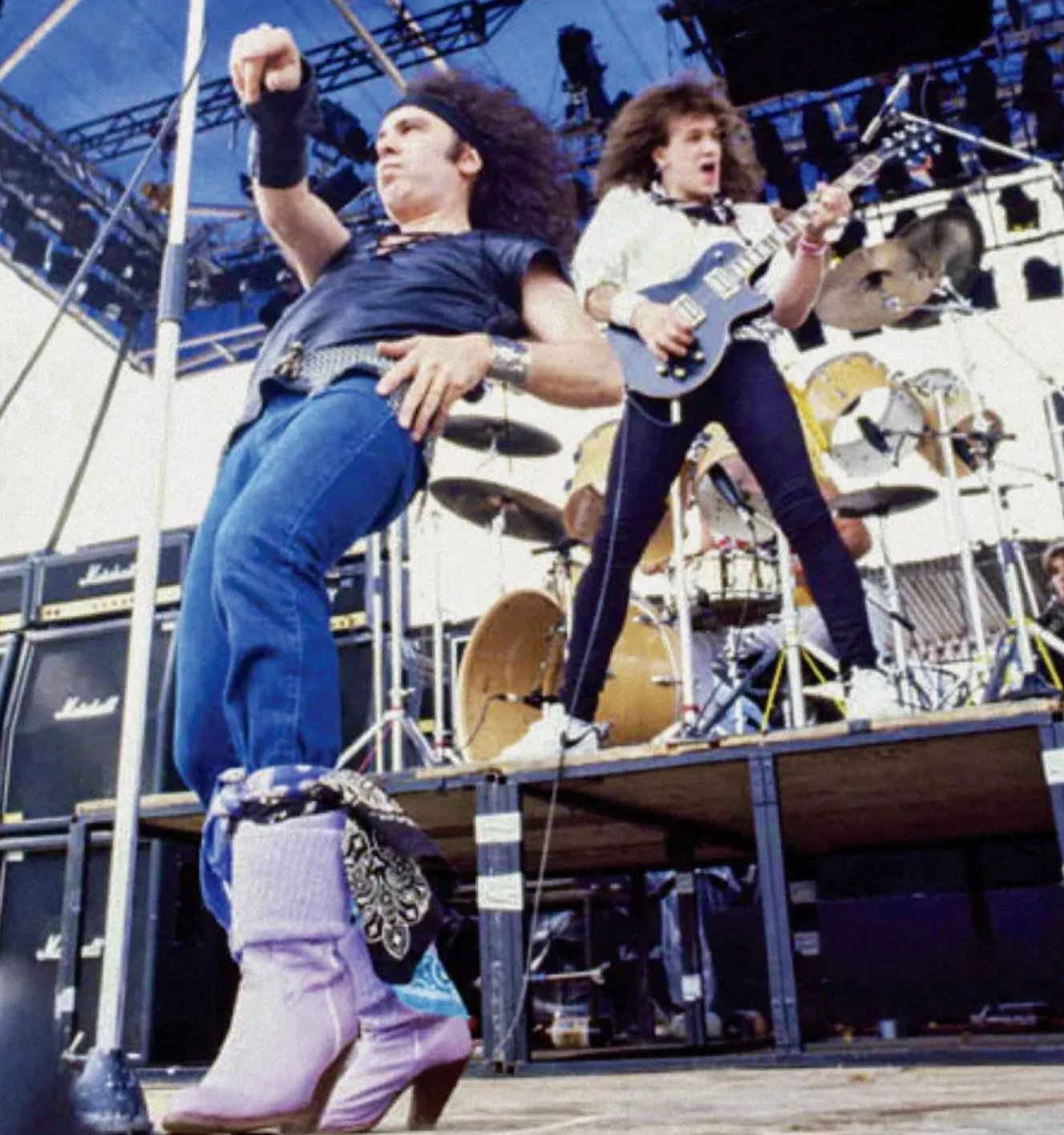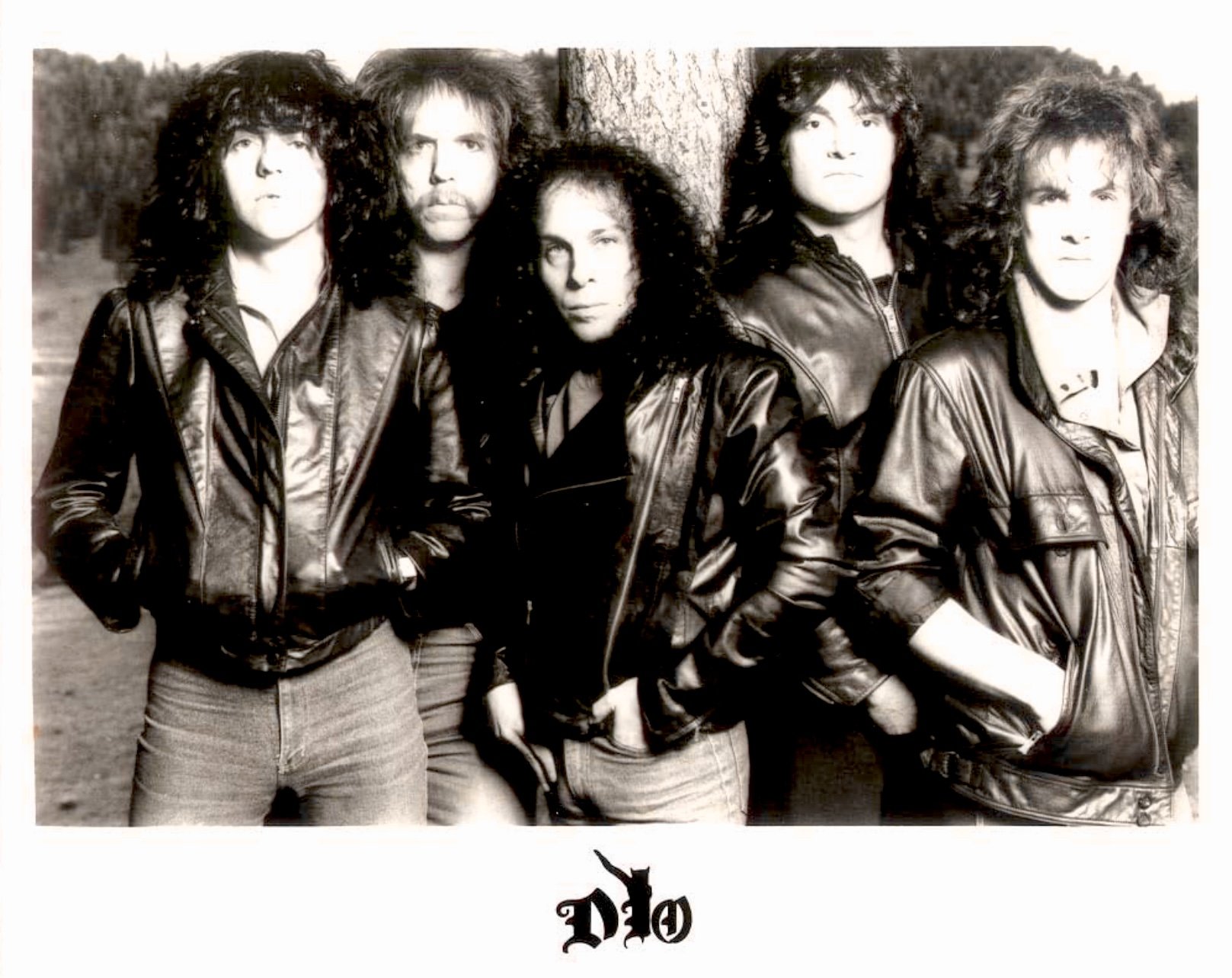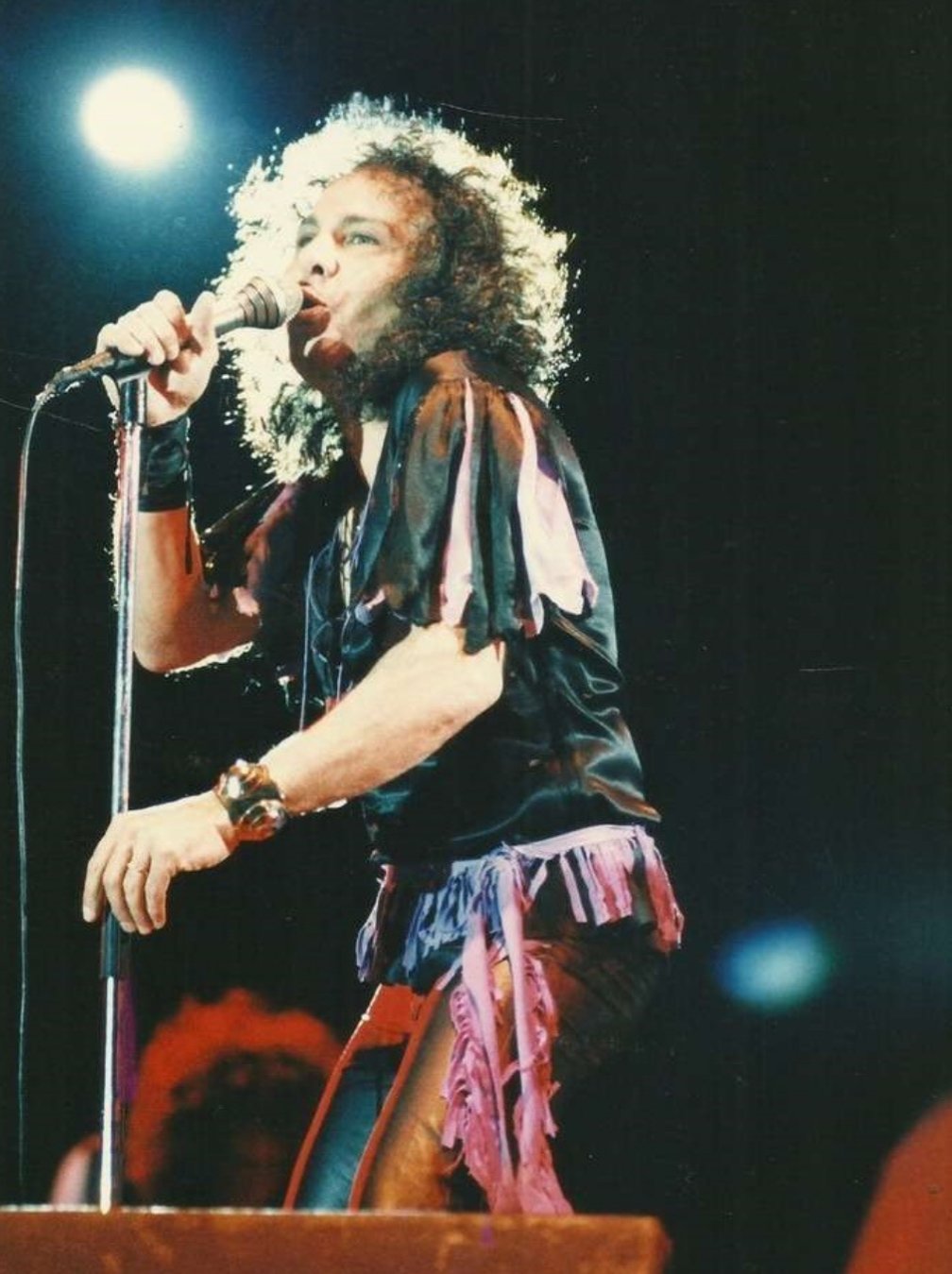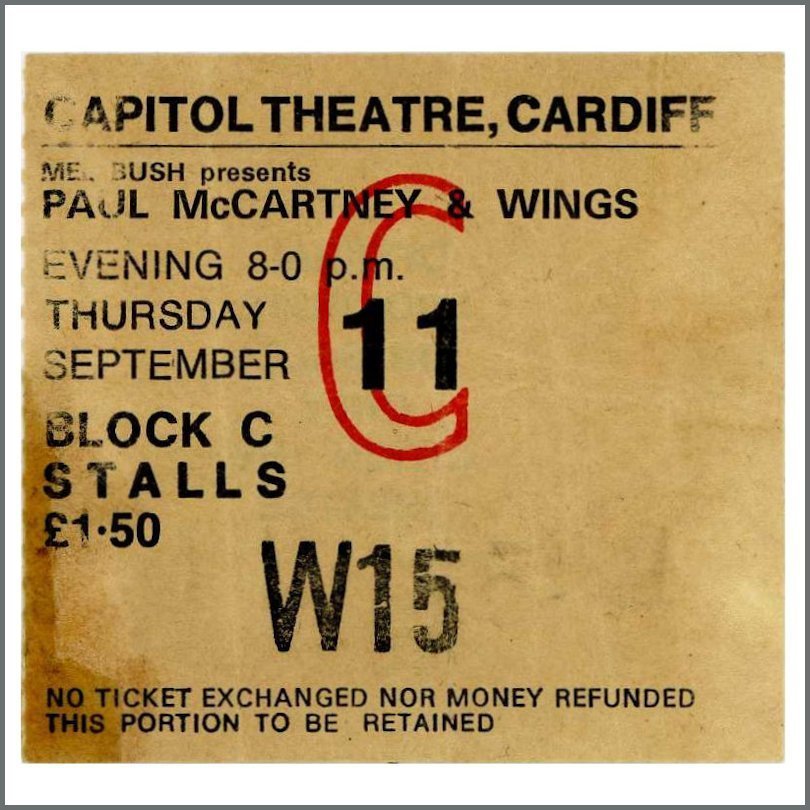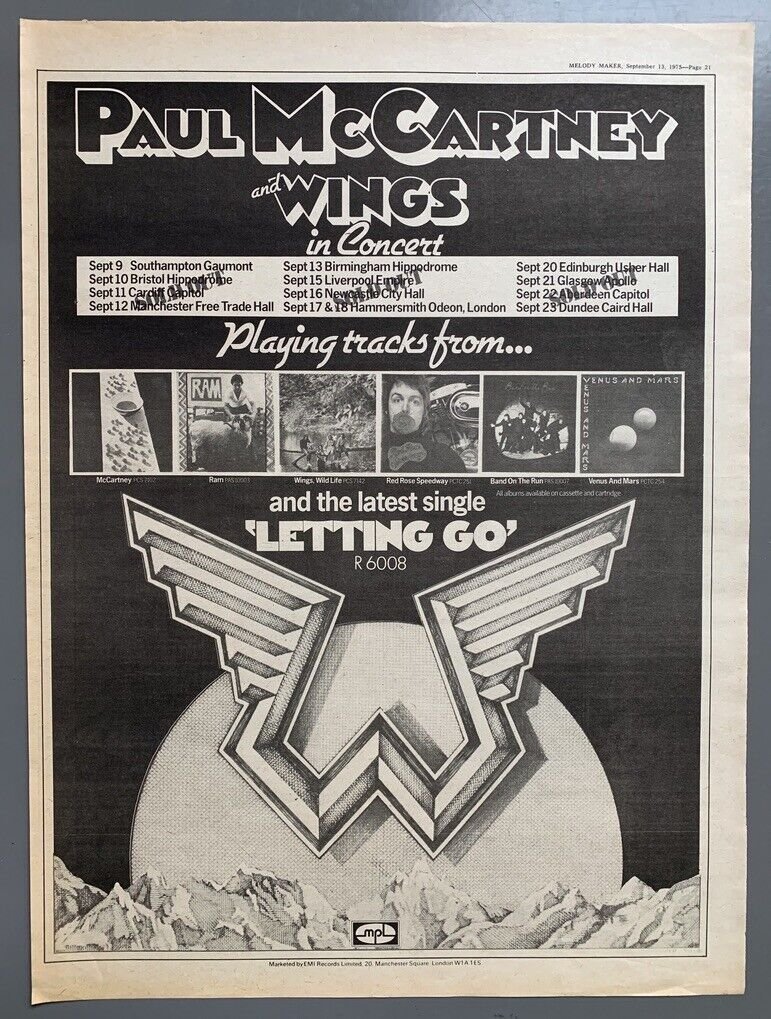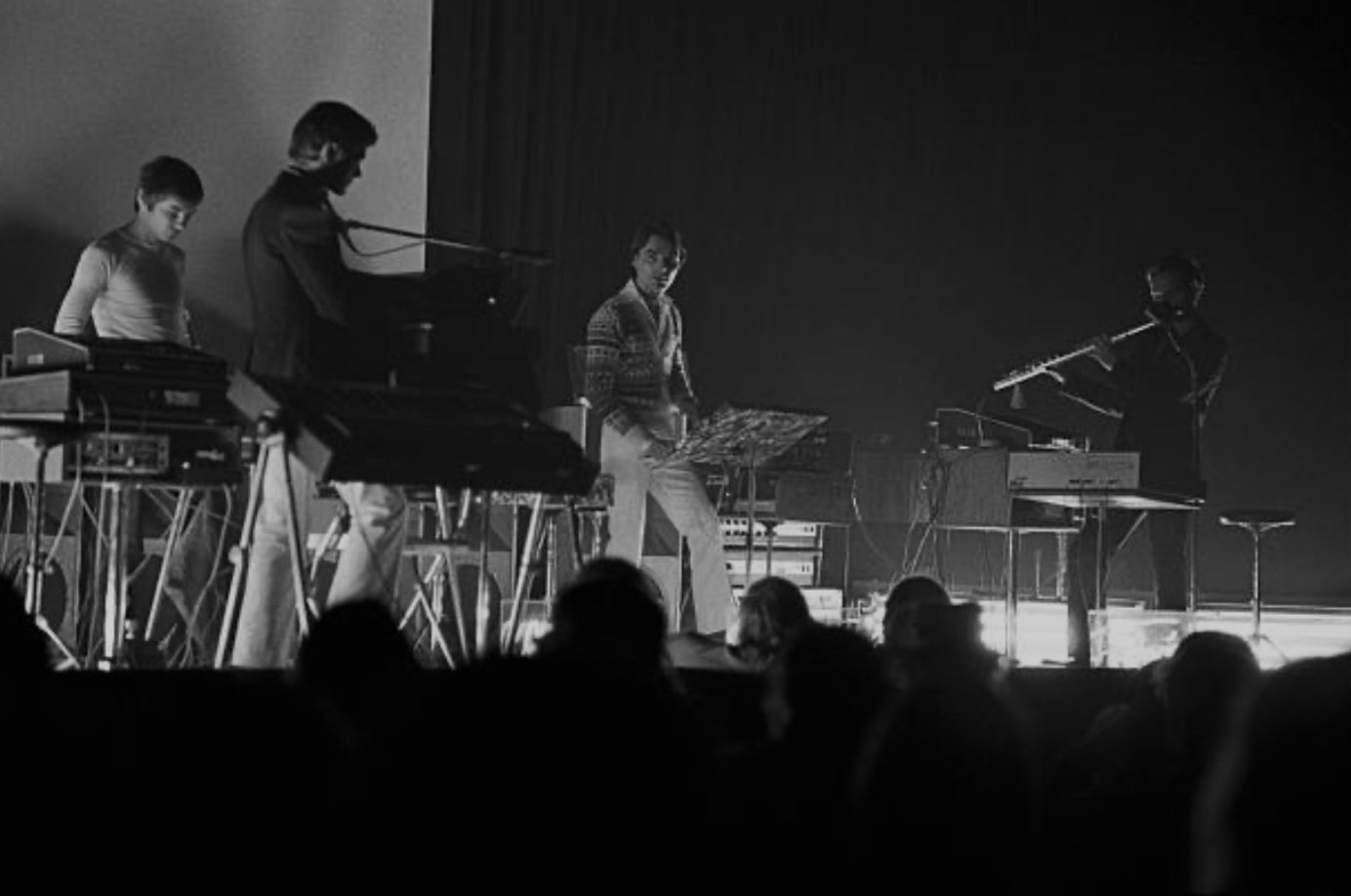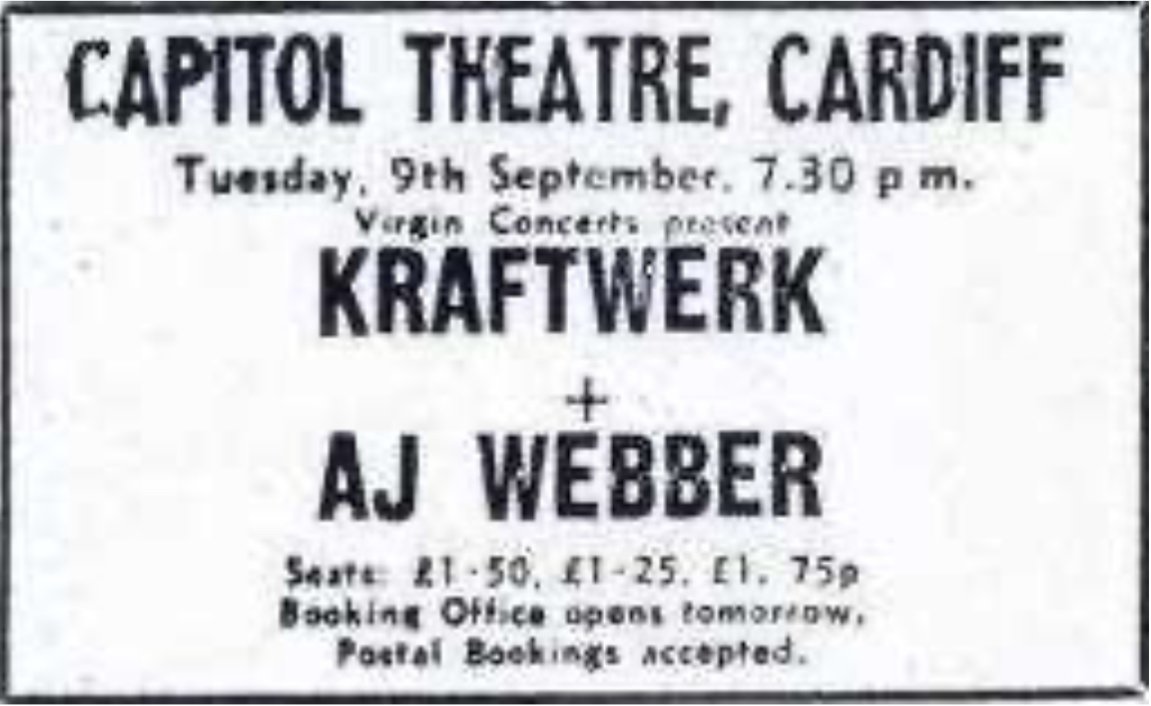Images may be subject to copyright
On this day, 16 September 1986, keyboard wizard Rick Wakeman played Cardiff’s St David’s Hall. Wakeman had recently released the album Country Airs. The album features piano instrumentals inspired by the countryside. The album marked a stylistic shift in Wakeman's output, having established himself primarily with progressive rock, concept albums, and commercial-oriented music at the start of the 1980s.
The album reached number one on the UK New Age chart. It was followed by two sequels, Sea Airs and Night Airs, released in 1989 and 1990, respectively for President Records.
Best known as a member of the progressive rock band Yes across five tenures between 1971 and 2004, and for his prolific solo career. AllMusic describes Wakeman as a "classically trained keyboardist extraordinaire who plied his trade with Yes and developed his own brand of live spectacular in a solo act."
In 1984, Wakeman signed with the independent label President Records in an association that would last until 2007, for which he would produce almost 40 albums.
The first was Silent Nights, Wakeman's first solo album in over two years, featuring Fernandez, Cronk, and Rick Fenn on guitar and released in 1985.
The single "Glory Boys" became a minor pop hit in the UK. In March 1985, Wakeman finished work on his part of the soundtrack to the comedy film Playing for Keeps, which was followed by a tour of the UK, North America, and Australia to promote Silent Nights.It was his first full-scale tour in four years, and his first shows in the US in over five.
A live album from the UK leg was released as Live at Hammersmith. The tour left Wakeman "seriously in debt", and he was forced to remortgage his Camberley home. In September 1985, during the tour's Australian leg, Wakeman fell ill from his alcoholism and has been teetotal since. Also in 1985, a single of Wakeman's theme tunes for the television shows Lytton's Diary and Database was released. By this time he had also composed music for the BBC show Paddles Up and the Channel 4 documentary Supercat. Wakeman also reunited with David Bowie to play the piano on his 1986 single "Absolute Beginners".
